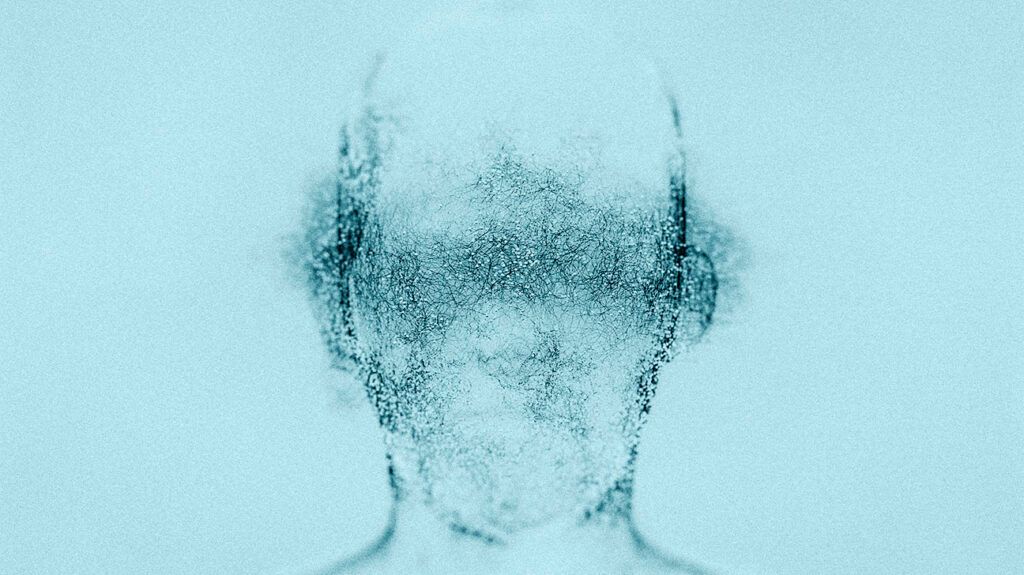Bath salts are a form of synthetic drug. They contain synthetic cathinones, which are lab-made stimulants. The cathinones found in bath salts were made illegal in the United States in 2012.
Synthetic cathinones are a form of a central nervous system (CNS) stimulant. They produce effects similar to those of other stimulant drugs, such as:
- cocaine
- methamphetamine
- MDMA (ecstasy)
Synthetic cathinones are similar to certain substances found in the khat plant. Khat is used in East Africa and southern Arabia for its stimulant properties.
Certain synthetic cathinones are used in medications to treat specific conditions. Others, such as the ones found in bath salts, are illegal in the U.S.
Bath salts contain different types of synthetic cathinones. These drugs may cause a person to feel euphoria and alertness when ingested. However, they can also cause serious side effects, such as psychosis or death.
Read on to learn more about bath salts, how they affect a person’s body and mind, and where to get support for substance misuse.

Bath salts are a type of synthetic drug that contain synthetic cathinones. The
- 4-methylcathinone (mephedrone)
- 3.4-methylenedioxymethcathinone (methylone)
- 3.4-methylenedioxypyrovalerone (MDPV)
Bath salts can be found in different forms, such as:
- powder
- crystals
- tablets
- capsules
Manufacturers of bath salts intentionally mislabel them as other substances. Bath salts take their name from one of the substances they are often mislabeled as. They may also be mislabeled as:
- plant food
- fertilizer
- laboratory chemicals
- reagents, which are substances added to other substances to cause a chemical reaction
Containers of bath salts will also have warnings, such as “not suitable for human consumption.” Manufacturers do this in an attempt to avoid legal restrictions.
Like other manufactured drugs, bath salts may contain additional unknown substances. This can make them very dangerous, as a person cannot be sure what they are consuming.
Street names for bath salts
The Drug Enforcement Administration (DEA) notes that people may refer to bath salts by various street names, such as:
- bliss
- blue silk
- cloud nine
- drone
- energy-1
- ivory, lunar, or purple wave
- meow meow
- ocean burst
- pure ivory
- red dove
- snow leopard
- stardust
- vanilla sky
- white dove
- white knight
- white lightning
How people use them
A person may take bath salts in a few different ways. The DEA notes people usually sniff or snort them. A person may also smoke the bath salt crystals or powders.
Bath salts are also available in tablet or capsule form, which can be taken orally. A person may also dissolve the bath salts into a solution to inject into their veins.
Read more about psychoactive drugs.
Bath salts can have many effects on a person’s mind. These effects may range from mild to severe.
However, the DEA notes that it can also have certain adverse effects, including:
- confusion
- acute psychosis
- agitation
- combativeness
- aggression
- violent and self-destructive behavior
- paranoia
- hallucinations
- delusions
- depression
- anxiety
These effects may develop due to taking high levels of bath salts or using them chronically.
A person may experience various physical effects after they take bath salts, including:
- an increased sex drive
- chest pains
- agitation
- self-mutilation
- extra-human strength
The DEA notes the following signs may indicate a person has taken too many bath salts:
- a rapid heartbeat
- high blood pressure
- hyperthermia
- prolonged dilation of the pupils
- a breakdown of muscle fibers that leads to their contents entering the bloodstream
- teeth grinding
- sweating
- headaches
- heart palpitations
- seizures
- kidney failure
- ischemia, when part of the body is not getting enough blood
- delirium
- death
A person experiencing bath salt toxicity may also show psychological signs, such as aggression, psychosis, or violence. When in this state, a person may be at risk of harming themselves or other people.
If a person experiences any of these effects after taking bath salts or is with someone who does, they should seek immediate medical attention.
The synthetic cathinones people use to make bath salts are not legal in the U.S.
The U.S. government passed the Synthetic Drug Abuse Prevention Act (SDAPA) in July 2012. This act listed mephedrone, methylone, and MDPV as Schedule I controlled substances. This is the most restrictive category of controlled substances.
In 2020, the maximum prison sentence for a person found guilty of trafficking Schedule I substances was between 20–30 years.
It can be difficult for a person to stop misusing certain substances, such as alcohol or illegal drugs. There are many different groups and institutions available that provide help and support to people experiencing substance misuse.
Resources for people who would like support for substance misuse include:
- Substance Abuse and Mental Health Services Administration (SAMHSA)
- the SAMHSA helpline: 1-800-662-HELP (4357)
- FindTreatment.gov
- Narcotics Anonymous
A person may also find it helpful to speak with their friends and family about their substance misuse. Having the support of loved ones may encourage a person as they find help for their condition.
Read about the difference between drug abuse and misuse.
Bath salts are a form of synthetic drug. They contain types of synthetic cathinones, which are banned in the U.S. The people who manufacture bath salts intentionally mislabel them in an attempt to avoid legal restrictions.
People sometimes refer to bath salts by numerous street names, such as bliss or meow meow.
A person can take bath salts in various ways, such as snorting or smoking them. They can cause a person to feel euphoric and alert.
However, bath salts can also have serious adverse effects, including psychosis, violent behavior, and death.
If a person is misusing bath salts or other substances, many groups and institutions can help them find support.
